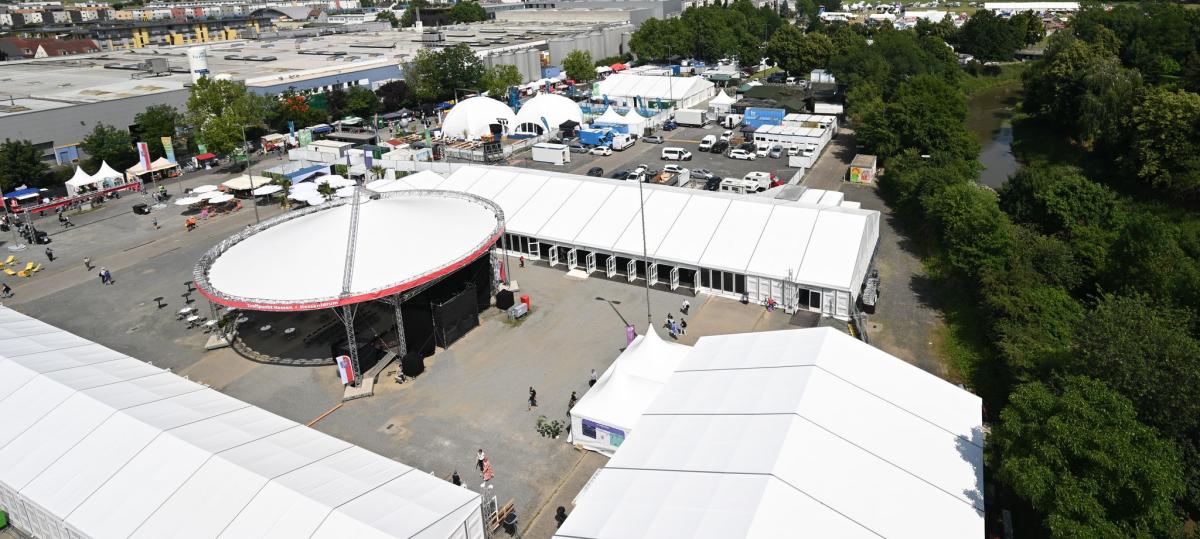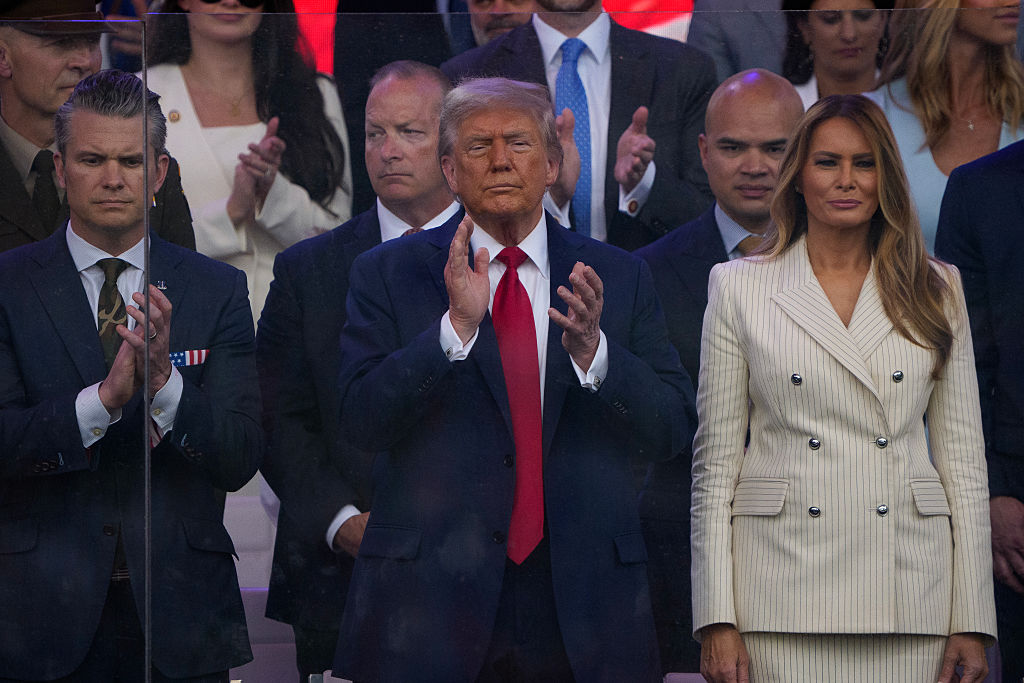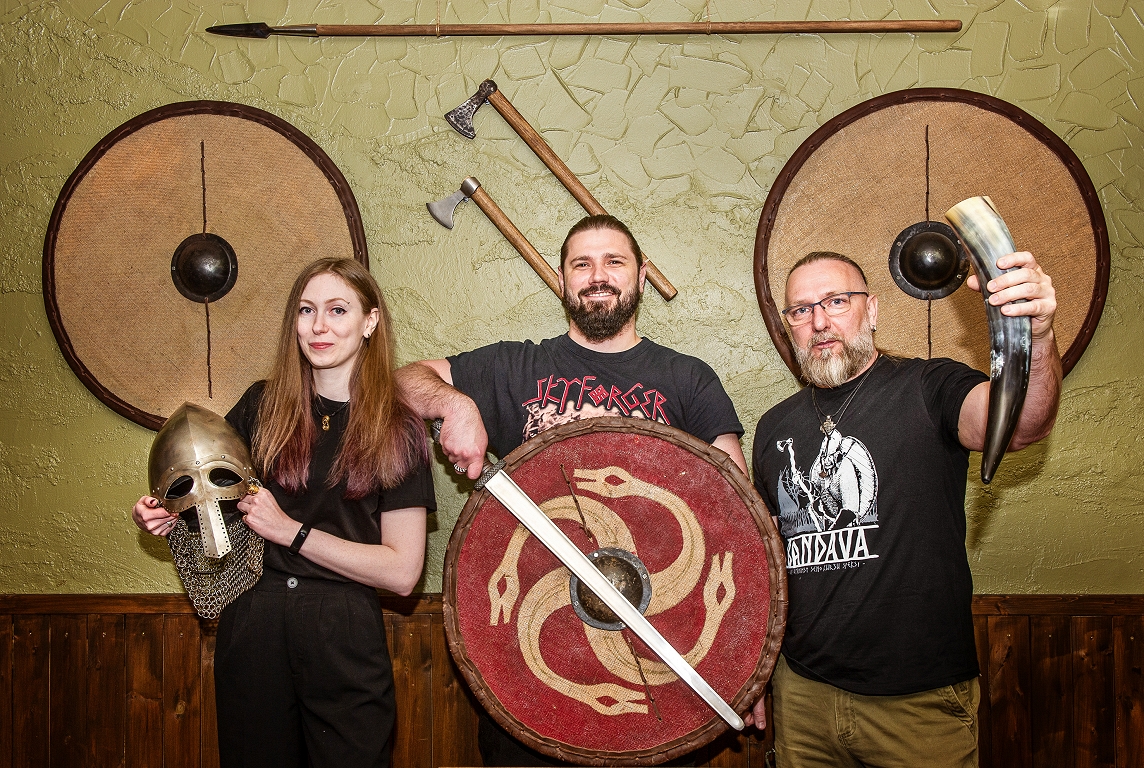Friends without Extras: How Trump turned his back on his allies in Central Europe

Trump 2.0’s shadow has been threatening in Europe over the last three months. Based on the first term, many leaders were pessimistic about Donald Trump’s return to the White House and what it would mean to international institutions such as NATO and the fate of Ukraine.
A minority was more optimistic, in particular in Central and Eastern Europe and in the Balkans.
Hungarian Victor Orban, Serbian Alexander Vucic and Serbian nationalist from Bosnia and Herzegovina Milorad Dodik seemed to benefit from their relationship with the new president and their ideological closeness to him. They predicted the « golden era » of bilateral relations and spoke openly about how one day the White House, led by Trump, would help their country become « again great ».
There was little talk about potential obstacles to this happening.
Orban, Vucic, Dodik and others have suggested, despite Trump’s repeated election promises to impose duties and reformation of trade, that their support will release these countries or lead to preferential attitude. However, they have fallen victim to the new, business and imperialist approach of Washington, in which only large and influential countries are seriously perceived and the rest simply have no place on the world stage.
Where will Eastern Europe turn out if there is a « new yalta »
April 2nd, also known as « The Day of Liberation, » did not bring mercy to Trump’s allies.
- Serbia was hit with a colossal 37% on its exports, the highest rate in the region;
- Bosnia and Herzegovina was taxed with a duties of 35%;
- Hungary, whose leader is considered close to the new president, faces a potentially 20% duty on exports as a consequence of its EU membership and economic relations with China and Russia.
These are penalties for both leaders and citizens, given Washington’s historical interest in Central and Eastern Europe and the Balkans.
The true dynamics of the relationship, which Orban, Vucic and Dodik, hoped, was revealed to work in their favor. This became obvious when US Secretary of State Marco Rubio quickly and unequivocally condemned the signing of separatist laws by Milorad Dodik, challenging the constitutional order of Bosnia and Herzegovina, and warned local and regional participants – including Hungary and Croatia.
Alexander Vucic, who hopes for a Probgrad change in the new administration on Kosovo and the cancellation of sanctions against the Serbian oil company NIS (ed. which revealed the attitude of the new administration in Washington to a number of its supporters.
It’s all personal, just business: why Trump Jr. came to Eastern Europe
The first 100 days of the term of the 47th president were struck for the hopes of Hungary, whose prime minister and government supported Trump’s return. Orban predicted « Fantastic, Great Golden Age » in Hungarian-American relations, thanks to its relationship with the president, and spoke of a positive impact on « Hungarian portfolios ». It is doubtful that he envisaged the strict duties and the preservation of US sanctions against members of his government (except for the Cabinet Chief Antal Rogan, who runs the secret services), as well as the public condemnation by Republicans of Hungary’s economic policy to China and Russia.
All three leaders continue to hope that the cool business attitude of the Trump administration is temporary and will eventually have a rise in bilateral relations.
This probably explains why they continue to imitate US policy and the appropriate pursuit of civil and non -governmental organizations that have benefited from USAID grants and praise the US Department of Efficiency (Doge). Countries’ initiatives signal ideological closeness to their ally beyond the Atlantic and at the same time silence critics of the US president at home, under the pretext of government spending, protection of sovereignty and fighting Woke forces.
However, the problem is that there are difficult and potentially uncomfortable moments.
The US president is likely to point out the cost of defense of Hungary and its (under the average) contribution to NATO on the eve of the annual summit of the Member States in June. The growing presence of China and Russia in Hungary and Serbia will probably also be a stumbling block for the White House. The dependence on Russian energy will continue to provoke criticism, and the US government has already made it clear to both countries that China is a « strategic challenge. »
This point was re-emphasized by President’s eldest son, Donald Trump, Jr., on his recent visits to Budapest and Belgrade. The reserved calls so far for separation of the two capitals from the East and the prioritization of economic commitments to the United States will almost certainly become more vocal in the absence of the desired change in behavior.
The aggressive unilaterality that Trump’s second term has so far reveals ideological restrictions. While many in Central and Eastern Europe and the Balkans continue to sympathize with the United States and look at their relations with Washington positively, the present dynamics are raising more and more doubts. If it continues to develop in the same way, citizens will probably question the benefit of support for the US president in the long run.
They may even conclude that, against the backdrop of the increasingly authoritarian regime in Washington and the creeping authoritarianism from the east, their future prosperity and freedom hide in a source that Orban, Vucic and Dodick persistently reject the EU.
Peter Krako is the CEO of Political Capital, an independent brain tank based in Budapest, and Ferenc Nemmet is an expert in the Western Balkans and PhD student at Corvinus University in Budapest.







